Russians fleeing a military draft won’t get into Estonia or Latvia, posing questions what Finland, Lithuania, and Poland will do if there is a large exodus.
Google searches on “how to leave Russia” spiked as soon as Russian president Vladimir Putin announced mobilisation of 300,000 reservists on Wednesday (21 September) morning.
Flights from Moscow to Istanbul and Yerevan also sold out hours after he spoke, according to Russian flight-booking website Aviasales.
Putin’s speech prompted small anti-war protests in some 15 Russian towns, leading to 109 arrests, according to Russian rights group OVD-Info.
For its part, the Kremlin declined to rule out closing its borders in the future to stop people leaving. “I can’t answer that question,” Kremlin spokesman Dmitry Peskov said on Wednesday when asked if it might happen.
But any Russians trying to seek asylum in Estonia or Latvia will be turned back anyway.
“A refusal to fulfil one’s civic duty in Russia or a desire to do so does not constitute sufficient grounds for being granted asylum in another country”, Estonian foreign minister Urmas Reinsalu told Reuters.
“Due to security reasons, Latvia will not issue humanitarian or other types of visas to those Russian citizens who avoid mobilisation,” Latvian foreign minister Edgars Rinkēvičs also said.
The Lithuanian foreign ministry said asylum applications would “be assessed in the usual way, taking into account all circumstances and on an individual basis”.
But it added that Lithuania “does not have the purpose and capacity to issue visas on humanitarian grounds to all Russian citizens who apply for them”.
Finland, which has the longest border with Russia of any EU country, is not entirely closing its doors to Russians, Finnish foreign minister Pekka Haavisto told press at the UN General Assembly in New York.
But Finnish defence minister Antti Kaikkonen said Putin’s mobilisation gave grounds for a tougher EU-wide policy on Russian visas. “There are indeed grounds for a stricter [EU] visa policy,” he said.
And a Finnish diplomat indicated the Finnish position might harden in the coming days.
“There’s a vibrant political discussion in Finland going on over the issue [of Russian reservists’ access to asylum],” the diplomat said.
Polish authorities did not take a line on Russian asylum-seekers, but one Polish diplomat, speaking in a personal capacity, gave an indication of the feeling in Warsaw.
“Let those fleeing Russia go to France, or Catalonia, or Italy — let them get political asylum there on a mass scale. The Baltic states and Poland don’t have to do it,” the Polish diplomat told EUobserver.
The EU Commission did not reply when asked if it was legal to block Russian asylum rights in reaction to the army draft.
For his part, Vladimir Ashurkov, a London-based associate of jailed Russian opposition leader Alexei Navalny, said there is unlikely to be a mass exodus to Europe.
“Of course, there will be people who leave Russia not to serve in the army, but I don’t expect that many will go to EU,” he told EUobserver.
But he added: “I think people who refuse to serve in Russian army and are under threat of persecution for this should be getting an asylum”.
More EU sanctions?
Meanwhile, Putin’s speech included nuclear threats and nodded to annexation of parts of eastern Ukraine.
His escalation is to be discussed by EU ambassadors in Brussels on Thursday and might prompt an emergency meeting of EU foreign ministers in the coming days, an EU diplomat said.
If the annexations go ahead, there will likely be a new round of EU sanctions, they added. “More [Russian] names on the sanctions lists — that’s for sure,” the EU diplomat said.
But the EU has already blacklisted most of Putin’s top supporters. It has also sanctioned most Russian banks and economic sectors feeding the Kremlin’s war effort.
“Can the EU still do something today to really hurt Putin?”, the Polish diplomat said.
Putin’s speech prompted Lithuania to put its army on alert, but Finland’s defence chief, Kaikkonen, said Finland saw nothing menacing in terms of Russian troop presence in the region.
“Most of the Russian troops that are normally in Finland’s vicinity are in fact in or near Ukraine. But, of course, [our] readiness is also being adjusted as necessary,” he said.
The Finnish-Russian border is also to become a Nato border once Finland joins the alliance, with just Hungary, Slovakia, and Turkey still to ratify accession.
The Baltic countries and Poland already closed their borders to Russian tourists on Monday for moral and security reasons.
The EU earlier agreed to limit the number of tourist visas available and to more than double their price.











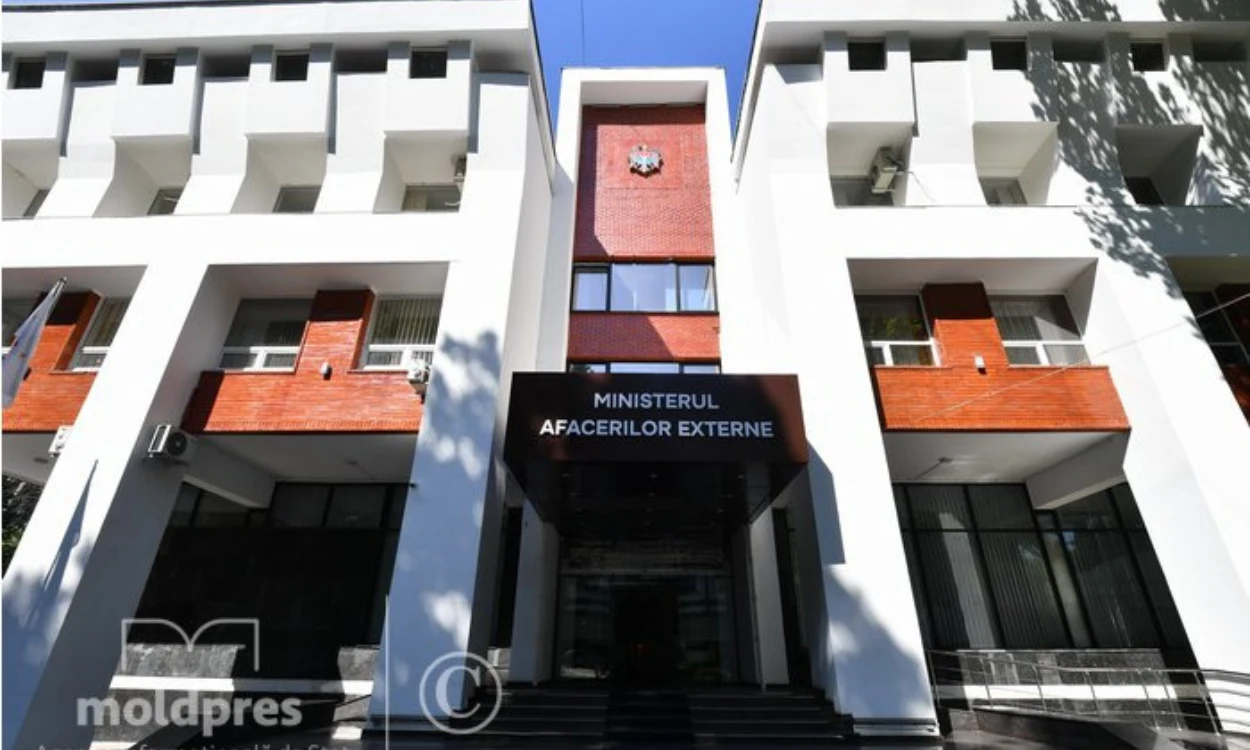
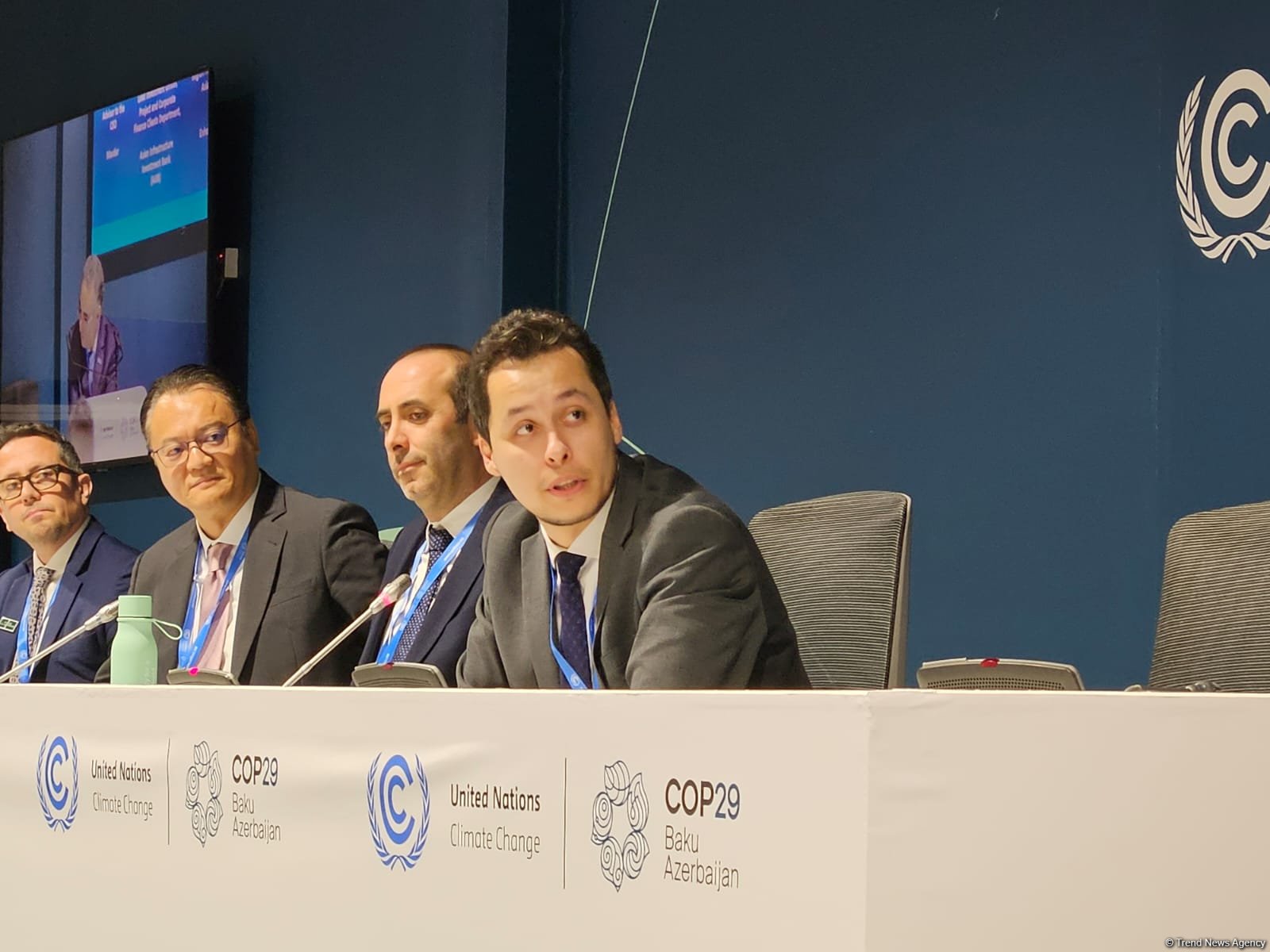

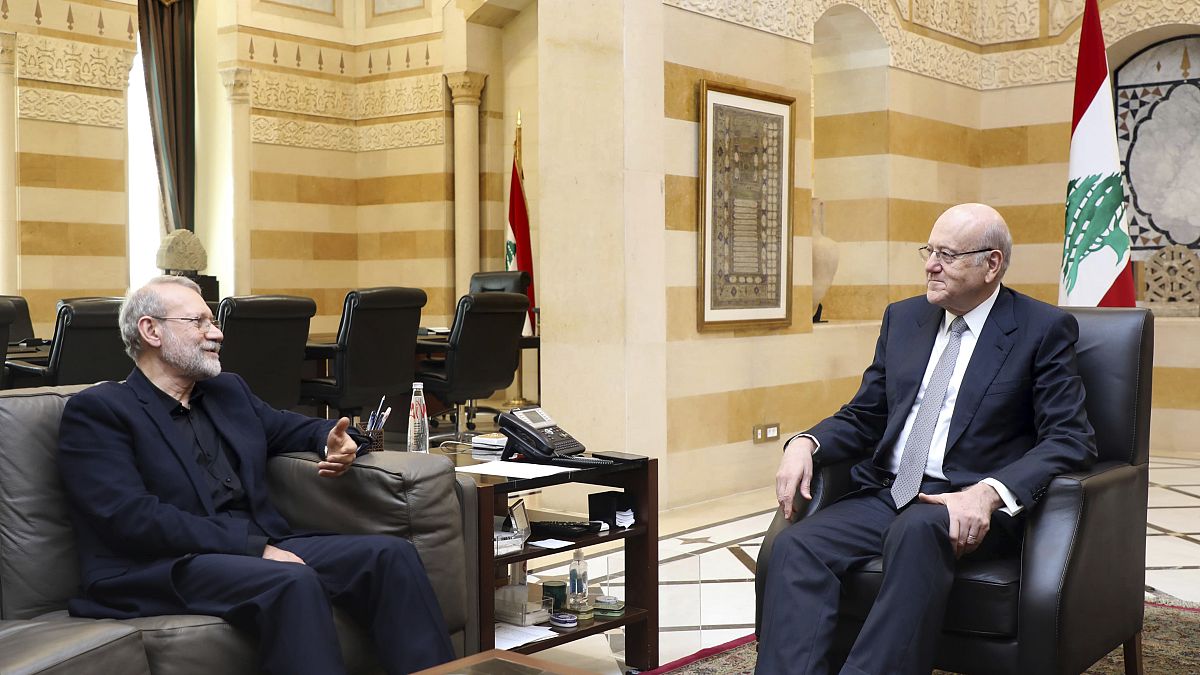
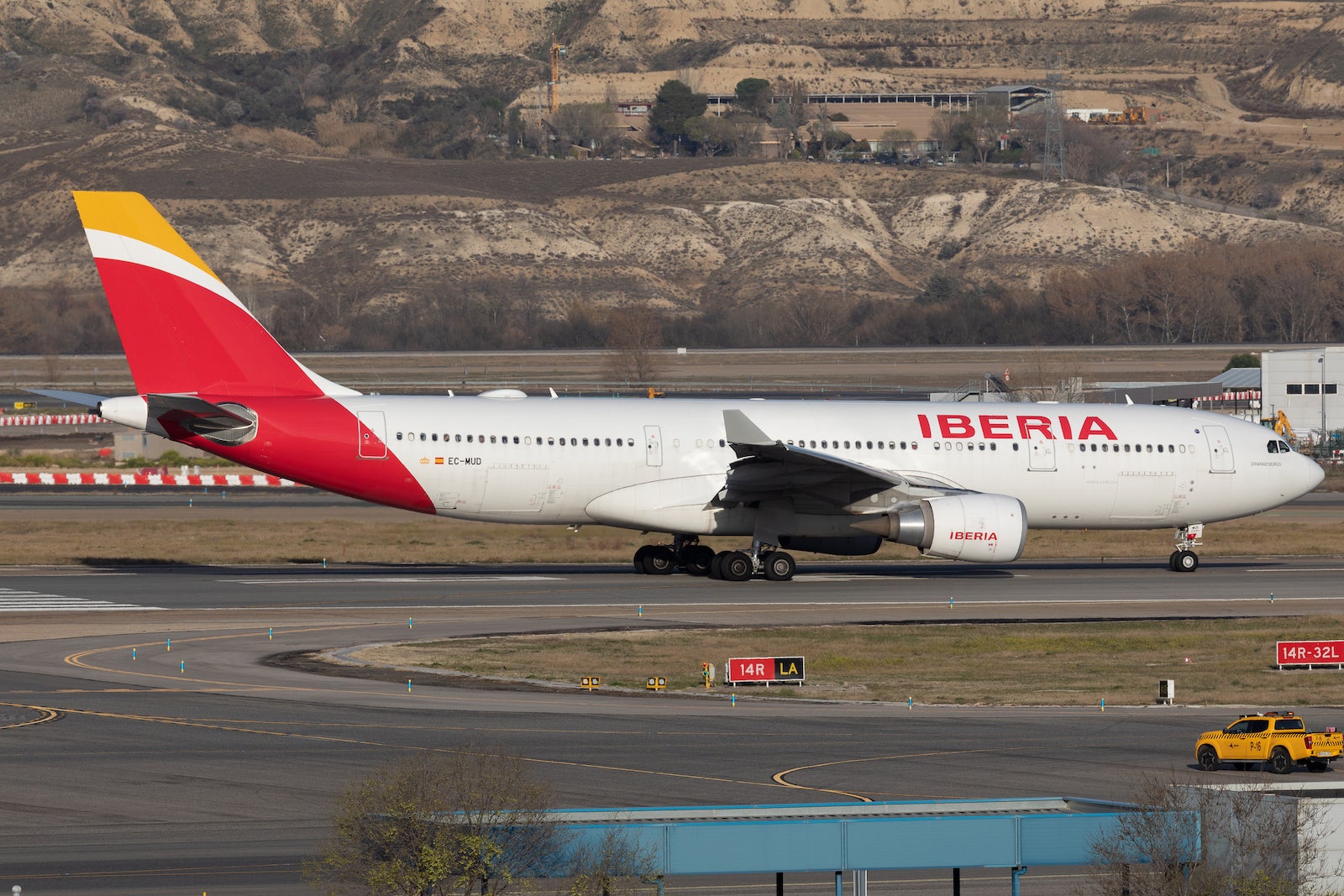
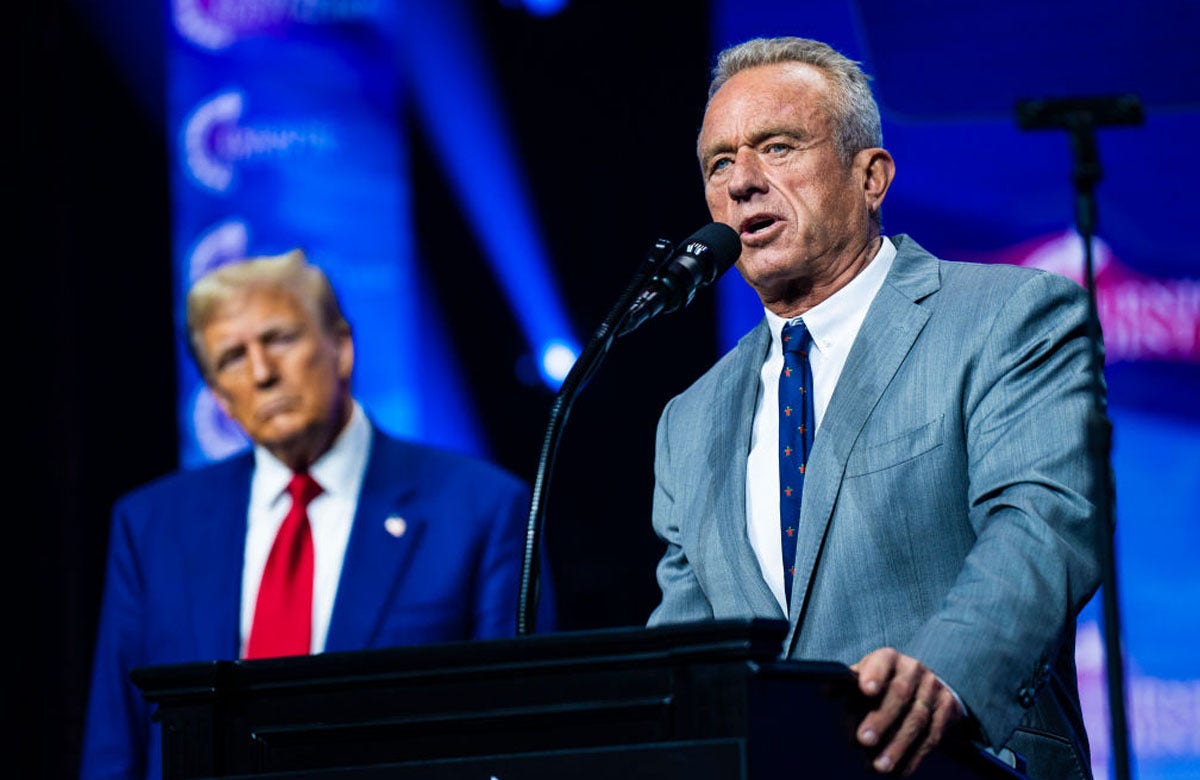



Discussion about this post